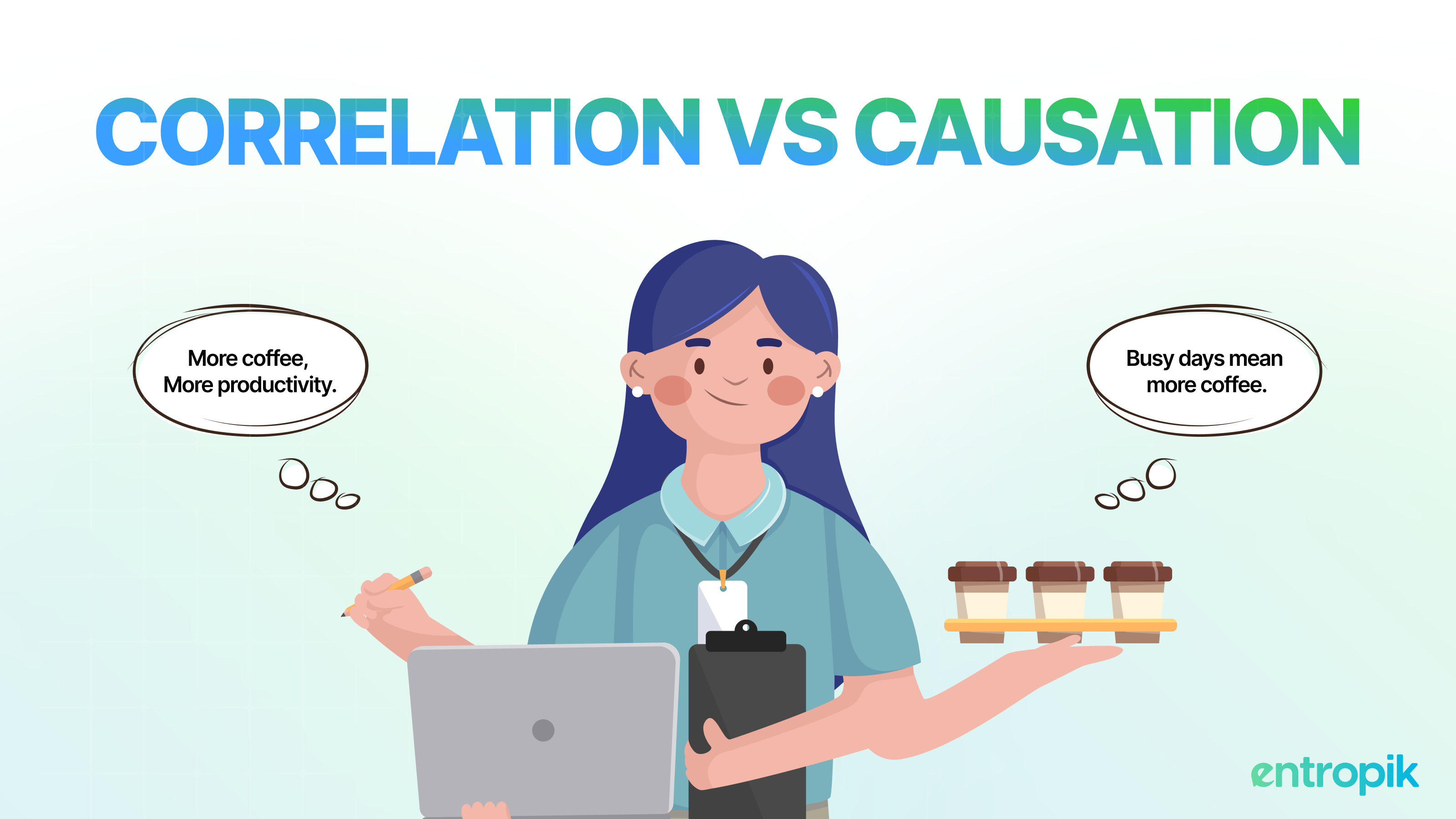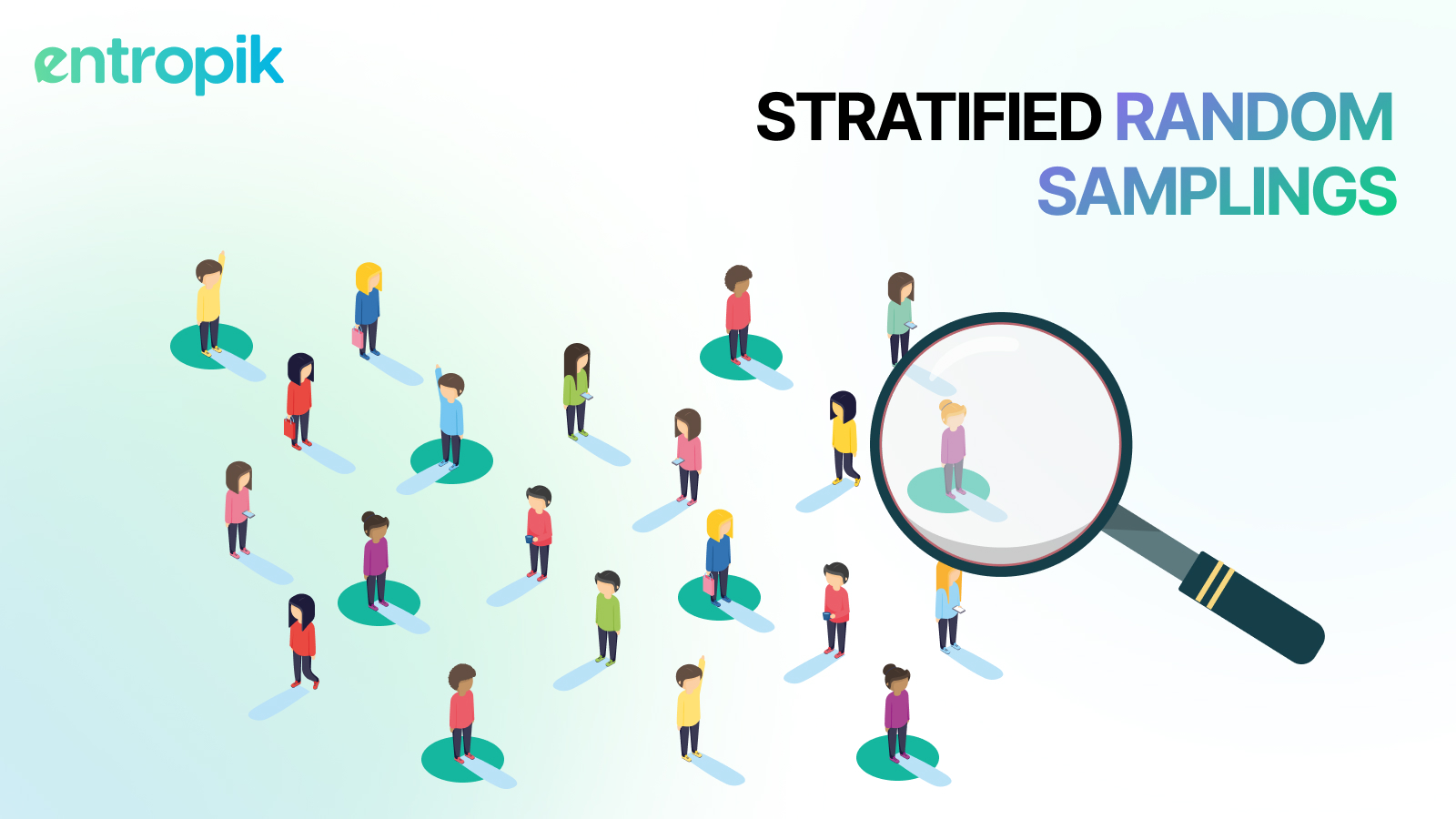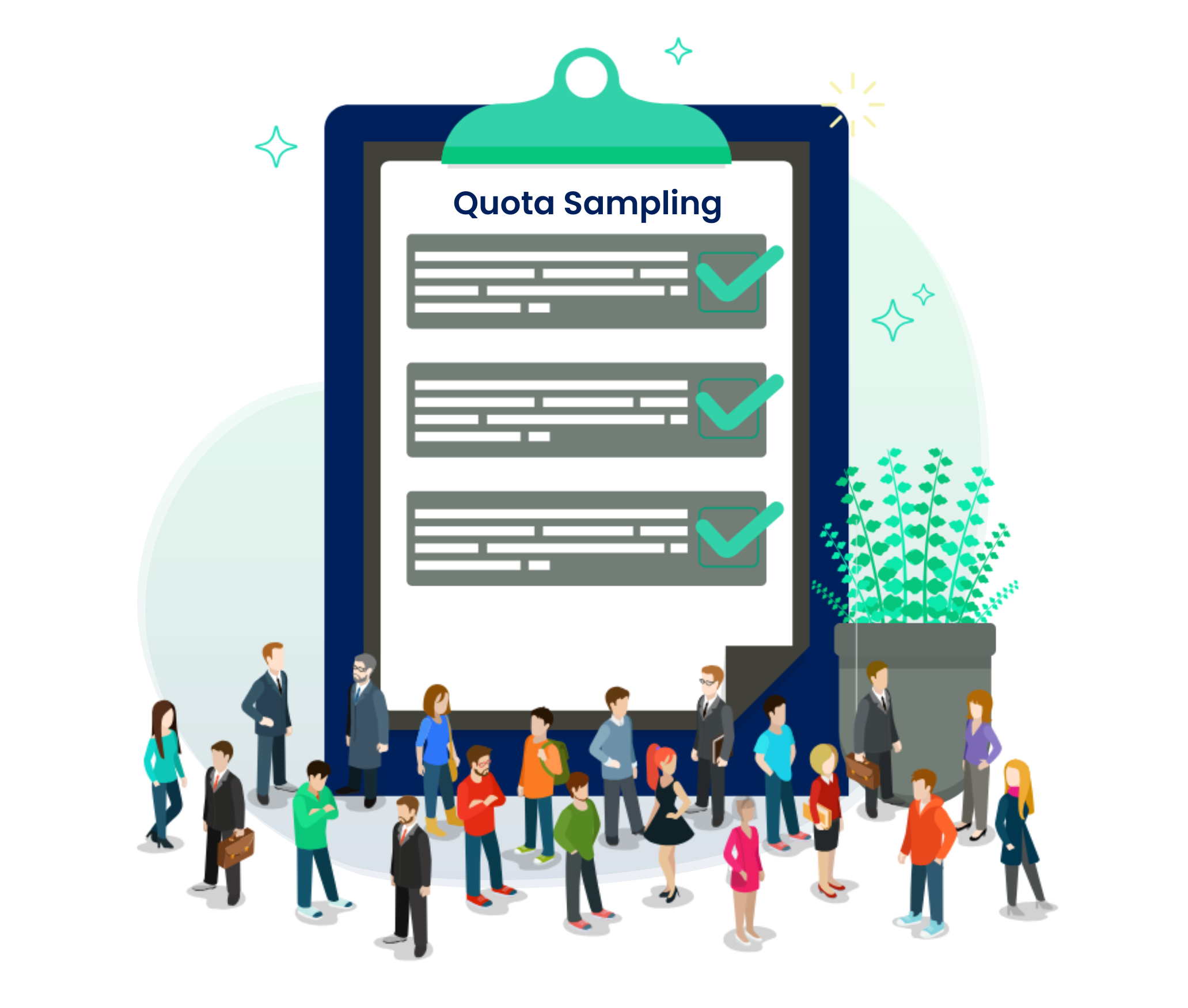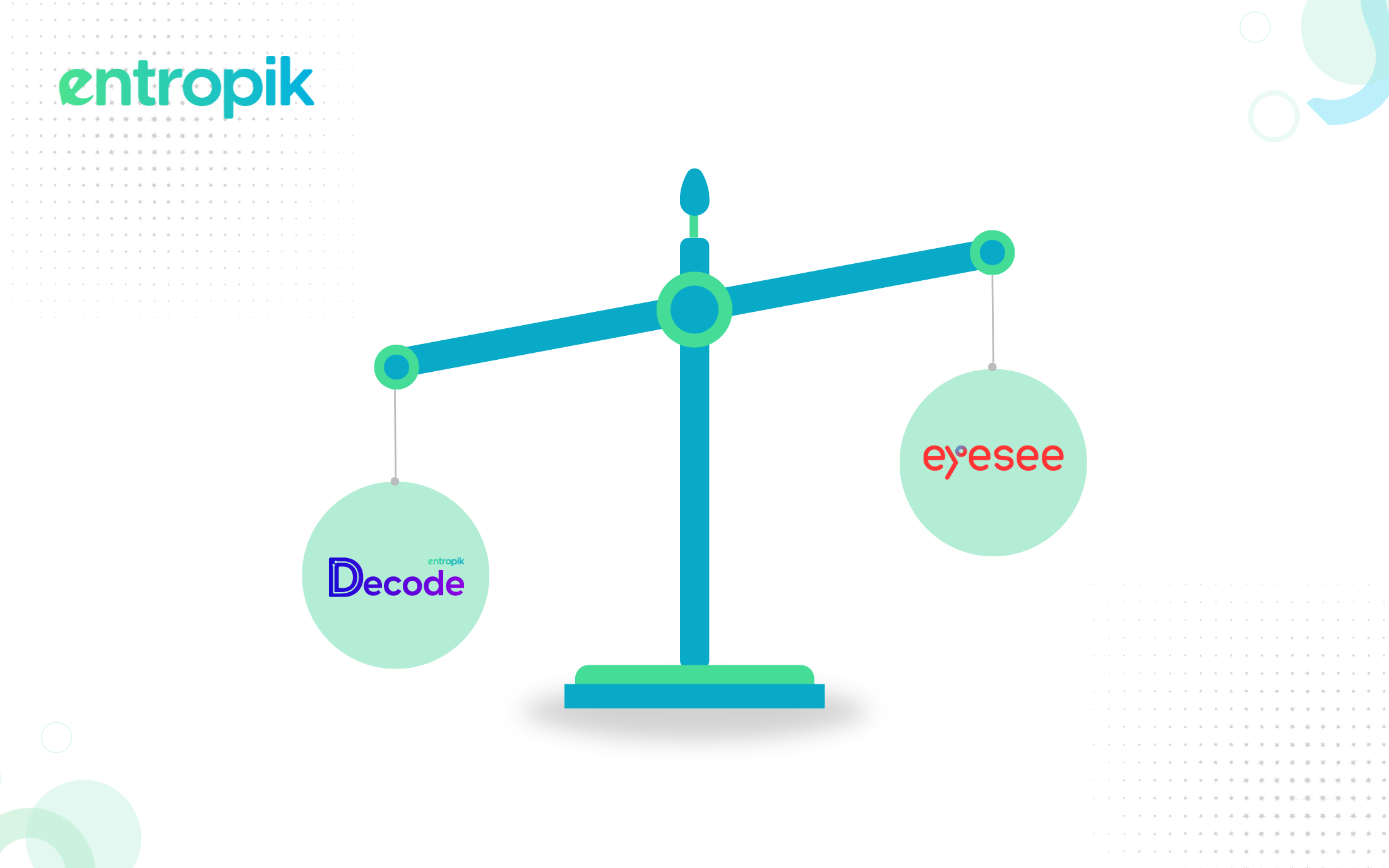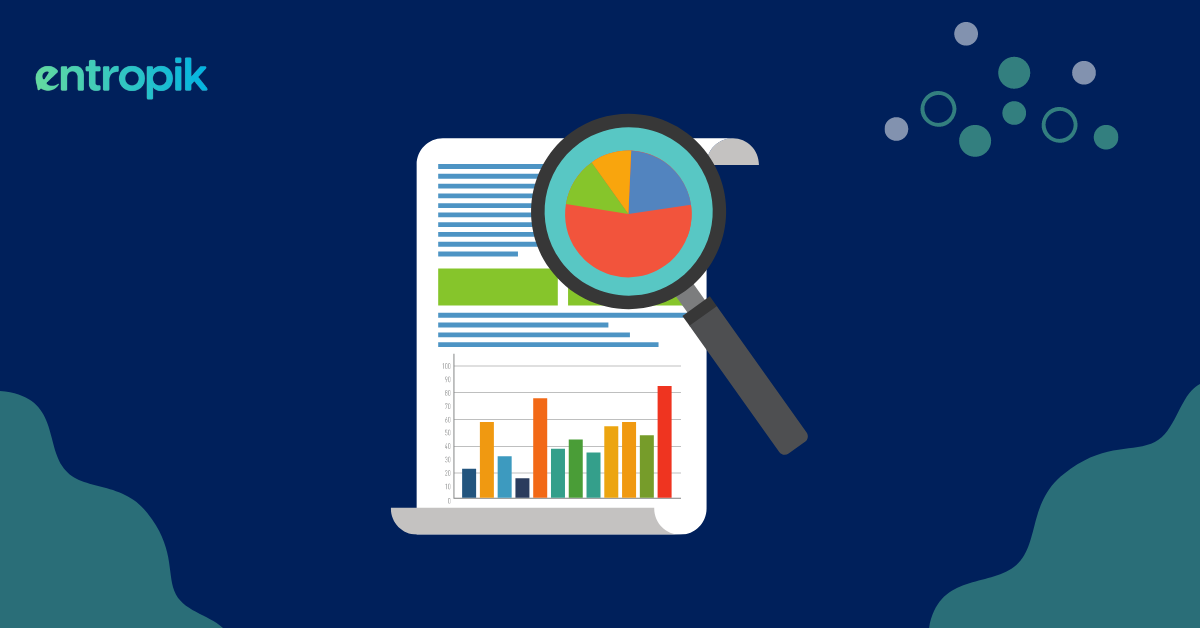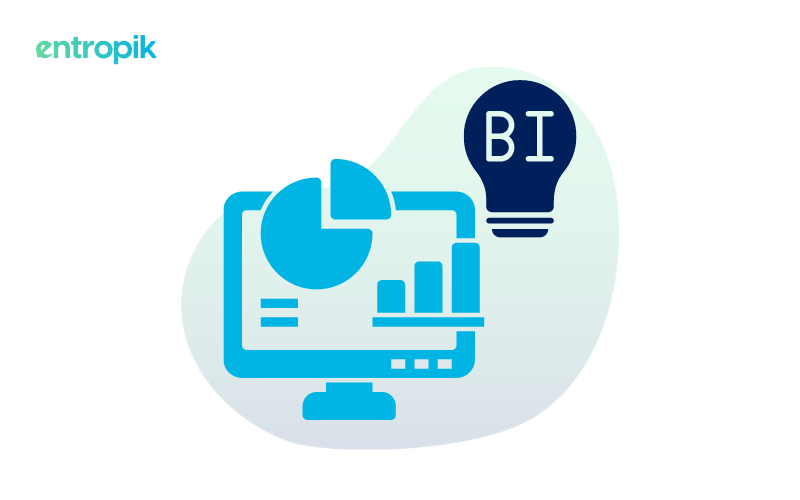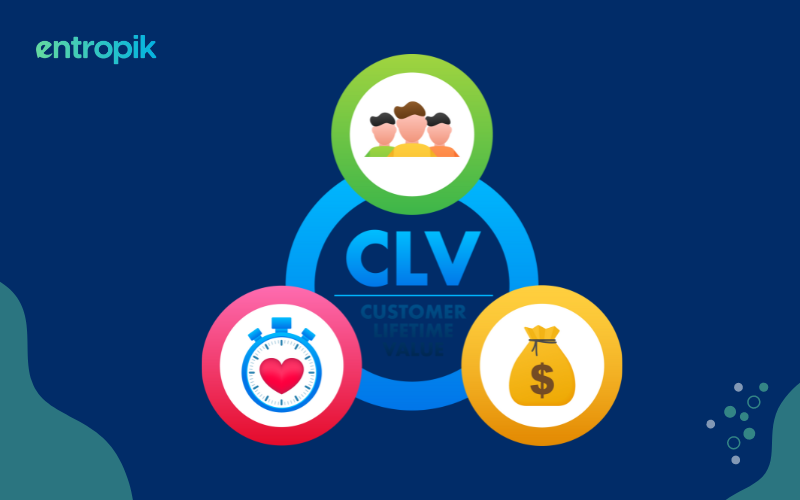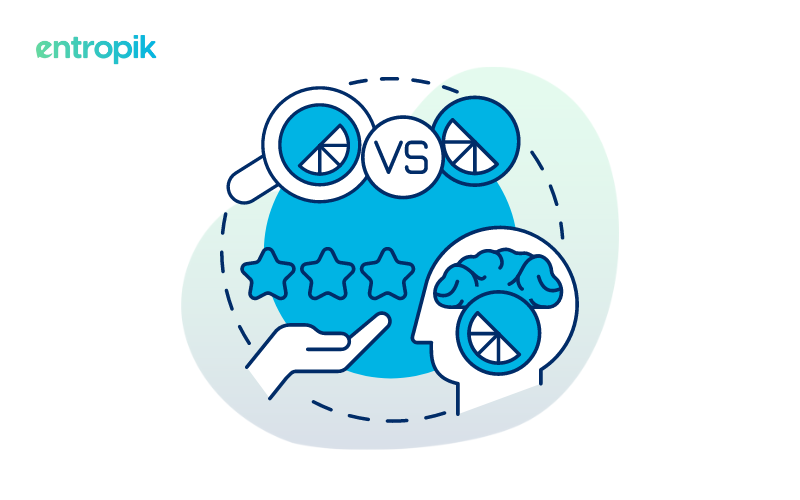Think of yourself as a person in charge of marketing for a global tech company that is about to launch a new product in a market that is saturated and very competitive. The tech team has spent months developing a product everyone believes would be a game-changer in that space. As a marketer, the ever-evolving market makes you think twice. The product sounds promising, but will consumers embrace it? Is it solving a pain point or fulfilling an expectation?
Every year, market research trends evolve, and 2024 is no different. It brings with it newer dynamics and challenges. This blog will delve into the top trends shaping the market today and how organizations can navigate this space.
Market Research Trends: Why is it important?
Market research is primarily conducted to uncover insights that drive strategic decision-making, product development/updates, and marketing initiatives. Let us look at a few reasons you need to be updated with the latest trends in market research :
Competition Awareness: Not being aware of your business environment can be disadvantageous and even lead to downfall of organizations. Understanding your market well can help you identify opportunities, understand consumers/competitors better and help you take steps to stay ahead in the game.
Informed Decision-Making: Trends and insights from research provide means for market and product strategies. Whether it is creating a fresh product or making changes to existing ones based on new market conditions, the insights derived enables brands to take data-based decisions rather than just relying on assumptions or guesswork.
Understanding Customers: When it comes to an evolving market, the core need is still to understand your potential or existing customers. Being aware of market research trends ensures you are aware of changing consumer needs and preferences and what drives their purchase behavior. Only then can brands meet the expectations of their target consumer base.
Mitigating Risks: Competition can crop up in unlikely places and scenarios. It can be in the form of products that are direct competitors or it could be different products that fulfil the same need. Trends can also help you spot this kind of risks and challenges and take corrective measures to ensure these risks can be reduced or removed altogether before it affects your market conditions.
Adapting to Change: Target market aside, market research trends include technological shifts or business regulations. These trends ensure brands stay responsive and take the required steps to ensure they are prepared and can adapt to such changes.
Market Research Trends 2024
1. Embracing Technological Advancements
Unifying AI and Machine Learning: One of the biggest trends shaping market research today is the combination of artificial intelligence (AI) with machine learning. Each of these technologies has had a major role in revolutionizing how research data is collected, examined, and presented. From handling vast amounts of data and finding trends and patterns to sentiment analysis, they have removed major roadblocks in transforming market research as we know it today.
Big Data Analytics: Brands have a huge amount of unused or idle data from past research in every organization. In addition to that, there are terabytes of data on digital and online platforms, more commonly known as big data. Utilizing this information from such platform sources with the help of big data analytics can provide deep insights into consumer behavior and market trends.
Predictive Analytics: Another area that has a substantial impact on market research is Predictive analytics. Breaking down older data sets through predictive analytics can help brands accurately forecast future consumer behavior. This enables businesses to anticipate upcoming trends, identify new opportunities, and tailor their strategies accordingly.
2. Consumer Centric Experiences
Personalization: Personalization remains a key priority for brands across the globe as consumers expect engagements and experiences tailored to personal preferences and expectations. It is imperative for businesses to understand these unique requirements and build strategies that resonate with the target audiences. Be it a product recommendations or customization it can only be effective through a personalized consumer experience.
Customer Journey Mapping: Mapping customer journeys has long been a crucial step in market research, but in 2024, this is going through a major change. Rather than looking at it as a part of a process, researchers took a step back to look at the complete picture. This means understanding how consumers interact with brands at multiple touchpoints to gain a deeper understanding of underlying painpoints and challenges. This provides opportunities for brands to identify improvement areas and make customer journeys more seamless.
Virtual Reality for Immersive Experiences: Virtual reality (VR) technology might be a new tool in market research, but it is revolutionizing the way researchers collect data and conduct experiments. Using participants in a simulated VR environment means having a controlled yet realistic setting for testing consumer preferences.
3. Keeping Things Ethical
Data Privacy and Security: With more intrusive technologies, there is increased awareness of data privacy and security today. This means researchers have to find ways and means to prioritize ethical means of collecting consumer data in their research practices. There are governance measures in place to ensure proper consent and use of sensitive information which ensure ethical practices are adopted. This is how brands can build trust and build credibility among target audiences.
Transparency in Data Collection: Organizations that are black boxes are often considered untrustworthy, leading consumers to be wary of associating with the brand. Being transparent about the process of collecting, storing, and using data in such situations is how brands can build trust and win consumers. It is a give-and-take situation. Brands must build trust among their audiences and take accountability for their actions to ensure both sides act as a team and benefit from each other.
Innovative Technologies: As technology continues to advance rapidly, market researchers must strike a delicate balance between innovation and ethical considerations. While cutting-edge technologies such as facial recognition and biometric analysis offer exciting possibilities for understanding consumer behavior, they also raise ethical concerns around privacy and consent. It's imperative for researchers to tread carefully and ensure that their methodologies adhere to ethical standards and respect the rights and dignity of research participants.
{{cta-button}}
4. Going Global
New Markets and Opportunities: The landscape of global commerce is constantly evolving, with emerging markets playing an increasingly prominent role in driving economic growth. Market researchers are shifting their focus towards these rapidly expanding regions, seeking to understand the unique dynamics and consumer preferences that shape their markets. By tapping into emerging markets, businesses can unlock new opportunities for growth and diversification.
Cross-cultural Research: Cross-cultural research is becoming increasingly important as businesses expand into new markets with diverse cultural backgrounds. Market researchers must adopt a nuanced approach that takes into account cultural differences in consumer behavior, preferences, and attitudes. By conducting cross-cultural research, businesses can tailor their strategies to resonate with local audiences and avoid cultural pitfalls that could undermine their success.
Localization Strategies: Localization has emerged as a key strategy for businesses seeking to connect with diverse consumer bases around the world. From adapting product offerings to local tastes and preferences to tailoring marketing messages to cultural sensitivities, localization enables businesses to forge deeper connections with consumers on a global scale. Market research plays a crucial role in informing these localization strategies, providing insights into the unique needs and preferences of different market segments.
5. Adapting to Change
Agile Market Research: Market researchers need to remain agile and be quick on their feet to adopt methodologies that emphasize quick change in research activities. Traditional silos and lack of collaboration between cross-functional teams can hinder performance and innovation within an organization which is required in an uncertain market.
Real-time Feedback: Gone are the days when researchers would wait for weeks or months for customer feedback and data to come in. Today, real-time feedback mechanisms are being used extensively to gather insights from consumers and stakeholders almost instantly. Technologies like Decode need to be adopted which enables researchers to capture consumer sentiment as it unfolds and make informed decisions on the fly.
Flexibility in Uncertain Market Conditions: Market researchers must be prepared to adapt their methodologies and approaches in response to changing market conditions, emerging trends, and unforeseen challenges. By embracing a mindset of flexibility and agility, researchers can navigate uncertainty with confidence and seize opportunities for innovation and growth.
6. Sustainability and Social Responsibility
Eco-conscious Consumer Trends: Consumers are increasingly prioritizing sustainability and environmental responsibility in their purchasing decisions. Market researchers are taking note of these shifting preferences and incorporating sustainability metrics into their research methodologies. By understanding the values and priorities of eco-conscious consumers, businesses can develop products and strategies that resonate with this growing segment of the market.
Incorporating Sustainability: From carbon footprint assessments to lifecycle analyses, market researchers are integrating sustainability metrics into their research practices to measure the environmental impact of products and services. By quantifying and communicating sustainability metrics, businesses can demonstrate their commitment to environmental responsibility and differentiate themselves in a crowded marketplace.
Social Impact Assessment: In addition to sustainability, consumers are also placing increasing importance on social impact and corporate social responsibility. Market researchers are expanding their focus to include social impact assessments that measure the broader societal implications of business activities. By aligning their strategies with social causes and addressing pressing societal issues, businesses can build trust and loyalty with socially conscious consumers.
Final Words
{{cta-button}}















.jpg)



